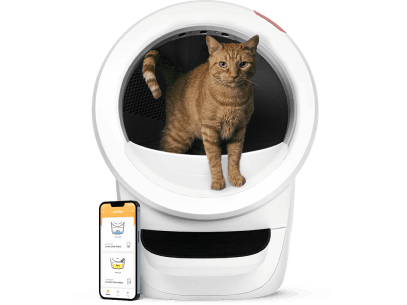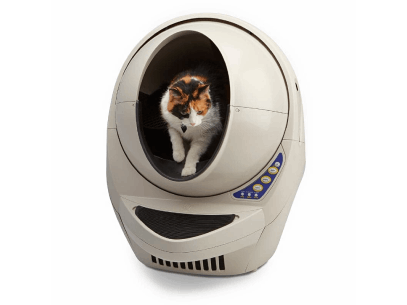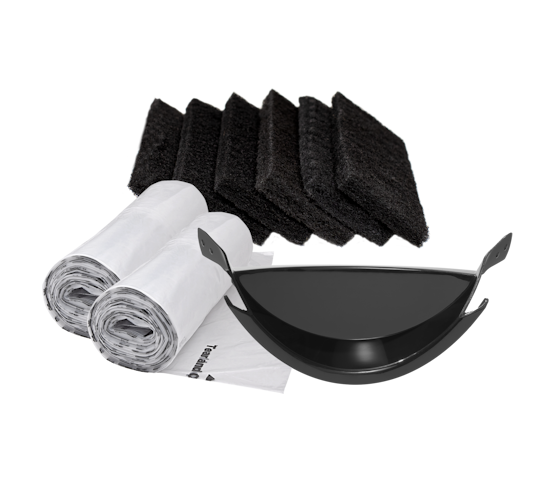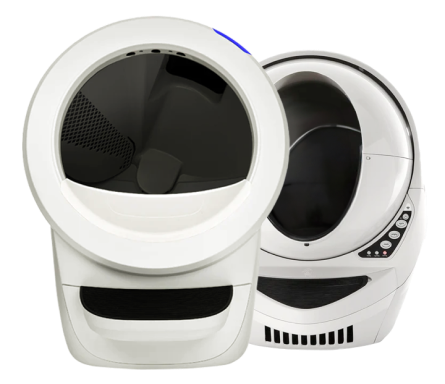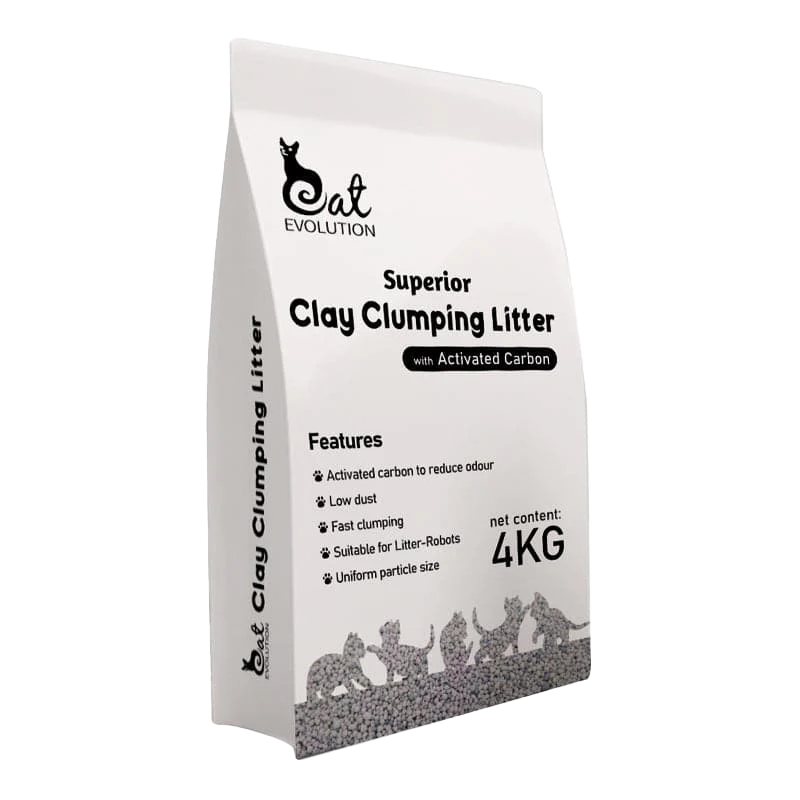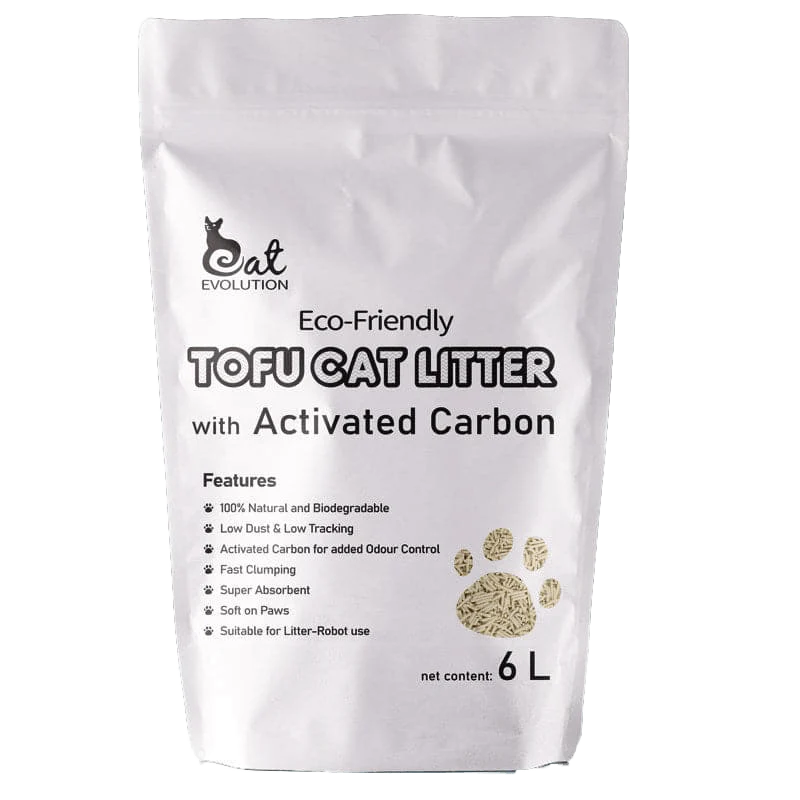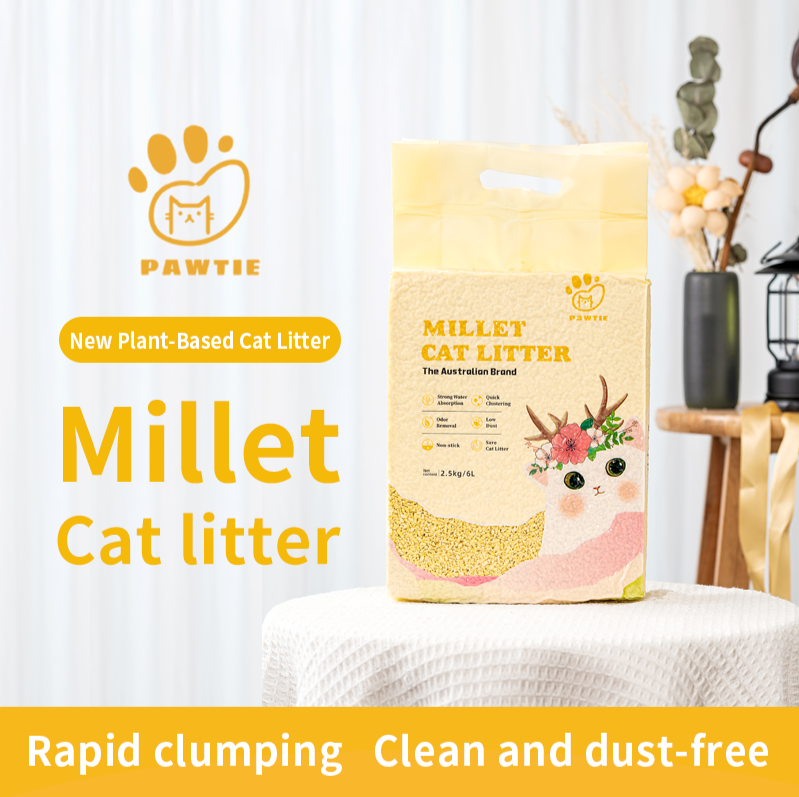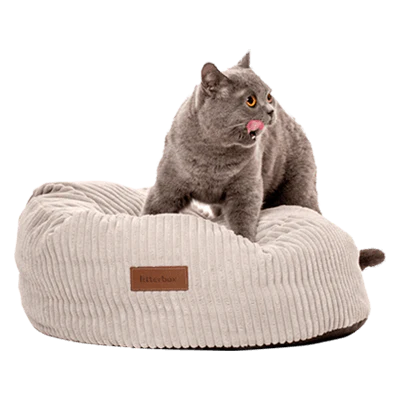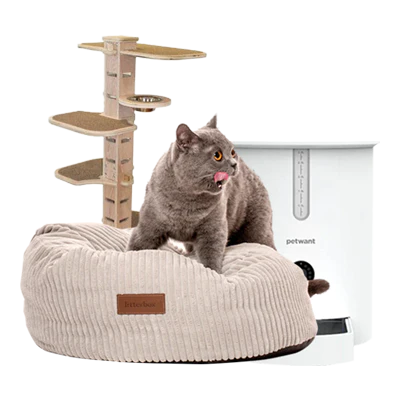One apparent characteristic noticed by Cat Experts of Global Cat Health Organization (just kidding, that’s not really a thing) in their feline companions, is that cats are by nature, very tidy creatures. On a more serious note, it is true that cats don’t require the same time and effort an average dog does. Cats are easier to care for because of the self-cleaning habits that they learn instinctively from their mothers from an early age.
However, depending on the age and habits of your cat, certain precautions need to be taken, for your furry friend to remain healthy and clean.
- Brush Your Cat Daily
Brushing or combing your cat every day reduces the chances of hairballs that can cause digestive tract issues. Brushing also keeps fur from coating your clothes and furniture as you cat sheds less. Make sure that your brush your cat in the direction of its coat and use very gentle slow strokes so that you’re not accidentally hurting your cat. You can even offer small treats right after brushing if your cat is a little fussy so that they associate it with something positive.
- Feed Protein-Rich Food
Don’t attempt to treat your cat the way you treat your dog in terms of food. Unlike dogs, cats have a hard time absorbing carbohydrates and protein derived from plants. Make sure that the cat-food you feed contains animal meat to provide sufficient digestible protein for your cats' needs.
- Train Your Cat to Use a Scratching Post
Don’t want your fancy new silk cushions ripped to shreds? Train your cat to use a scratching post so they won’t end up clawing your treasured and expensive furniture. It is vital to ensure that the scratching post is kept at a prominent location so the cat can proudly mark its territory for other animals. It is also important that it is kept at a place which is inhabited by people otherwise the cat will ignore the post and continue clawing at other stuff.
- Empty Litter Boxes Frequently

In addition to providing two litter boxes to one cat, its imperative that you scoop the dirty litter every day at least once, and empty the entire contents weekly. As mentioned before, cats are extremely clean creatures which often won’t use the litter box if it is dirty. The chosen alternative if the litter box is dirty for your cat, maybe be using your bedspread that your grandma gave you, and you certainly wouldn’t want that to happen. Its better practice that you wash the litter box regularly with water and detergent, so your cat doesn’t treat your belongings as a nicer area to relieve itself. It is understandable that when you come home tired from work all day, the last thing you want is to scoop up the dirty litter. To make your life easier, you can invest in a self-cleaning litter box, so you never have to scoop or smell the dirty litter again. You can buy a fully automatic self-cleaning litter box from here.
- Provide Fresh Water
Cats evolved from desert inhabiting ancestors so they don’t have the same thirst drive as dogs. Traditionally, they got most of their water intake from food. This, however, doesn’t mean you should neglect giving water to your cat, especially if they are on a dry or semi-dry food diet. It's essential that you provide fresh water to your cat at all times. Cats also need more water when they are eating dryer food, so always have a fresh bowl of water available when feeding your cat. If you notice your cat being lethargic, its probably because it is dehydrated.
- Neuter Your Cat
It is beneficial to spay your cat before it turns a year old since cats can get very aggressive and irritated once they’ve been in heat. As opposed to the popular opinion that its cruel to neuter your cat because that’d be depriving it a chance to have a litter, cats remain equally satisfied without an offspring. To add to this, hundreds of cats are euthanized every year so it's important not to add to it.
- Care for Its Eyes and Ears
If you find a build-up of crust in the inner corners of your pet’s eyes, gently wipe it away using a cloth soaked in saline solution. If you notice discharge, milky looking corneas or tear-stained fur, contact your vet immediately.
Good ear care is very important but its usually overlooked by a lot of cat owners. Checking your cat’s ears weekly will prevent ear problems like allergies, infections and the dreaded ear mites. To inspect your cat’s ear, gently roll it in an outward direction to reveal the inner part of the ear. A small amount of ear wax is normal but excessive discharge is alarming and you should consult a vet immediately. If the ear appears healthy, gently wipe the insides with a saline-soaked cotton pad.
- Give Special Attention to Its Oral Health
Your cat's gums should be a healthy pink colour and the teeth should be white. If you notice that your cat’s breath smells bad and there is decolourization in its gums and teeth, it is possible that your cat might have gingivitis or an abscessed tooth. If this is the case, then you need a vet to conduct an oral cleaning as soon as possible because not only does it mean that your cat may have behavioural problems but it would also be in a lot of pain.
Ideally, you should be brushing your cat’s teeth every day. Since realistically that not possible, make sure that you brush its teeth at least twice a week. When introducing your cat to brushing, place a pea-sized amount of cat toothpaste on a very small tooth-brush and just touch its teeth, letting your cat lick the brush. After a week, start brushing your cat’s teeth slowly and gently offering a treat at the end.
- Buy Cat Toys
Cat’s love to play, it’s a vital activity not only for kittens but for adult cats as well. Always have a number of cat toys handy for when you are not free to interact with your furry kitty. Catnip balls, laser pointers and dangling tassels are all loved by cats and can keep them entertained for hours.
- Get Them Accustomed to Bathing
 Although cats don’t need to be bathed that often, there are times when bathing them becomes vital. Sometimes your cat may be exposed to toxic substances - say if your lawn grass is treated with a chemical, or simply when your kitty has been playing in the mud. In these cases, a bath is essential to prevent ingesting the toxins when grooming itself. Ensure that you get them used to water, shampoo and a dryer from an early age so they are more accepting towards baths.
Although cats don’t need to be bathed that often, there are times when bathing them becomes vital. Sometimes your cat may be exposed to toxic substances - say if your lawn grass is treated with a chemical, or simply when your kitty has been playing in the mud. In these cases, a bath is essential to prevent ingesting the toxins when grooming itself. Ensure that you get them used to water, shampoo and a dryer from an early age so they are more accepting towards baths.
- Don’t Forget Regular Check-Ups with a Vet
Going to a vet is essential for keeping your cat healthy. Vets can identify potential problems which an untrained person cannot detect. Make sure that you take your cat to the vet for an annual checkup or whenever you suspect that there is something wrong with your cat.
- Look Out for Parasites like Fleas and Ticks
Take a wet paper towel or wipe and gently rub across your pet’s fur. If you notice a reddish-brown residue it means that its flea-dirt (dried blood and waste of fleas). There are various ways of killing fleas, the most accessible one is to use a prescribed spot-on deflea product. Use a flea spray for the entire house in order to prevent or treat the infestation.
- Regularly Check Your Cat’s Feet
If you notice swelling, sores or cuts on your cat’s paws, take your cat to the vet for an examination. Keep your cat off both hot and cold surfaces like ovens and frozen pavements to prevent its paws from drying and cracking. Consult your vet and apply an ointment if recommended. Remember to clip its nails regularly using specialized pet clippers as the regular ones can cause your cat’s nails to split or damage the part containing sensitive nerves and blood vessels. Don’t attempt to declaw your cat to protect your furniture as it can be very painful for your cat.

- Use a Hairball Laxative
Hairball laxatives are medications specially designed to help your cat pass its ingested hairball in its stool. They are usually administered by mixing in your cat’s food. If a hairball laxative is not accessible, add one teaspoon of olive oil to your cat’s food once or twice a week which would help lubricate the cat’s digestive system to aid in passing out any hairball.
- Learn to Travel Safely with Your Pet
Always restrain your pet while travelling. Having your cat on loose in a vehicle is distracting for the driver and may cause life-threatening accidents. Make sure to never leave your cat unattended in the car, even in cooler temperatures. A car quickly becomes uncomfortable for your feline companion and can result in its death if left in a hot environment for a prolonged period of time.
